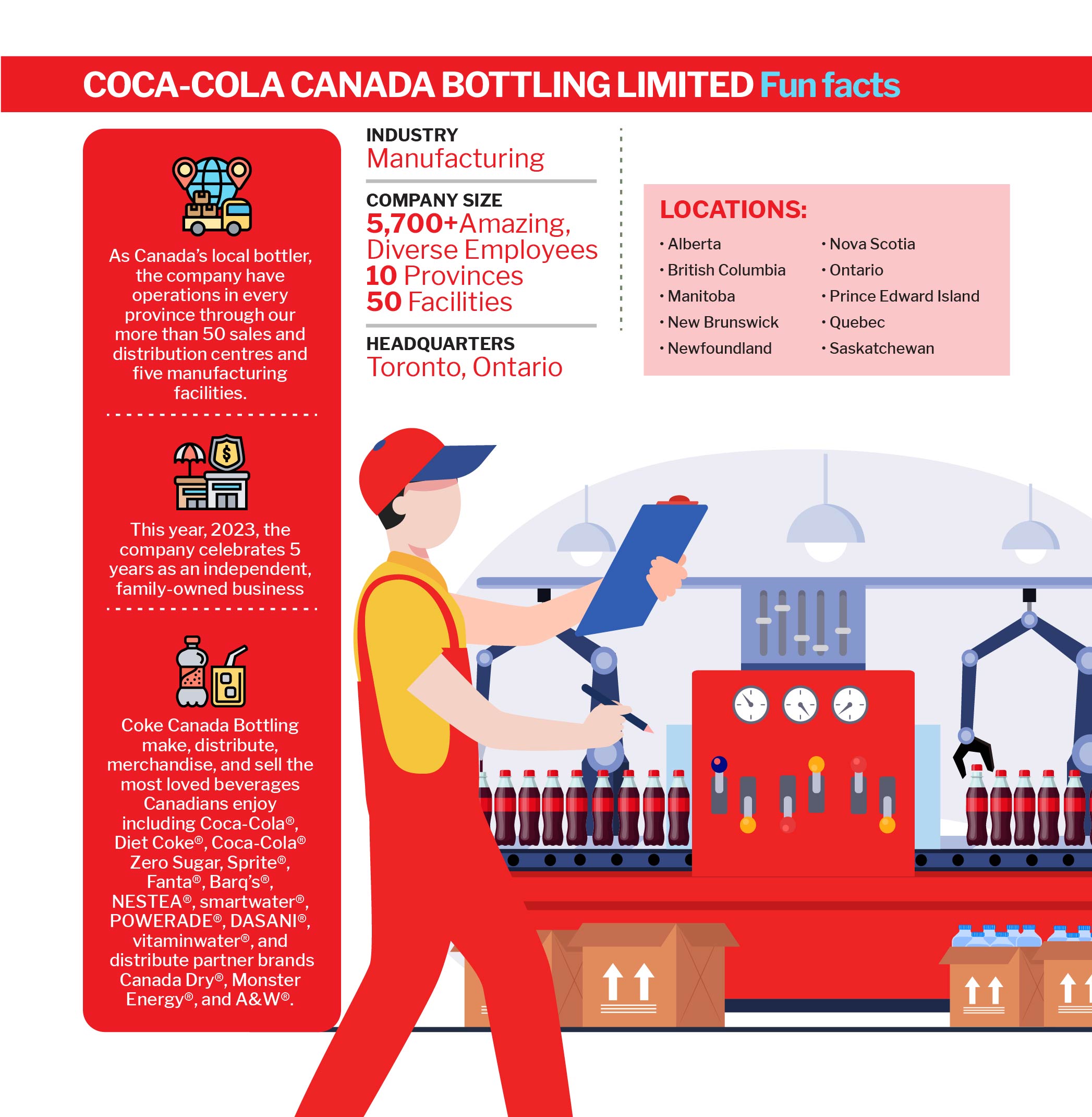
Bowmile says an incremental approach can ensure tech adoption is truly transformational

In the intersection of law and technology sits a wealth of tools and technologies promising to help the in-house legal team. Michael Bowmile, senior legal counsel at Coca-Cola Canada Bottling Limited, advises employers to take a step back before pouncing on the next shiny toy.

"I feel like there's a software solution for everything these days,” says Bowmile. “We’re constantly getting emails and calls from sales folks with some sort of groundbreaking technology that will change how we do work.”
And the data’s certainly there to back Bowmile up. According to research from Deloitte, 45 percent of legal departments are using five to 10 technologies right now, with 30 percent using over 10. However, despite the masses of tools, 46 percent admit they don’t have the right tech – with 40 percent admitting that their companies are continually investing in unused systems.
So what’s to be done? Bowmile suggests reflection before investment.
“When I'm presented with legal tech opportunities, I always ask myself, is there a need for this? Can it help me be more efficient or better organized? Will it help drive better service for my client? Not everything we do requires a tech solution – and so I'm mindful technology can present its own challenges.”
Training, for instance, takes time – especially where new tech is concerned. Often, employers fall prey to investing in new tools and neglecting to teach their people how to use them. Research suggests that this turns employees against the latest tech and thus makes the investment redundant. Discussing technology implementation in his work, Bowmile underscores the significance of incremental changes brought about by these tools. With that approach, these technologies can profoundly impact efficiency and ease of operation.
"Cloud-based technology has allowed us to store things in a simpler way that is easier to share with people internally and externally,” he says. “I think that's helped foster an increase in e-signing, which is a much easier way of doing business."
At Coca-Cola, their lightbulb moment with tech came in 2021 – when the legal department introduced matter management software – transitioning from a spreadsheet to SaaS.
“This allows for reporting by the minute,” he says. “Tracking developments as files move along their path. It gives us something to share with our leadership team; it’s not groundbreaking technology, but it's finding something that allows us to do our jobs better.”
Bowmile also believes in the transformative potential of AI, yet he maintains that incremental technological changes are equally significant in enhancing legal practices. He advises being selective with technology, understanding its practical benefits, and avoiding the traps of over-dependence.
"Technology and innovation don't need to be groundbreaking; they can be incremental, but there are game changers like generative AI and interactive AI," he says. “I think it's inevitable that AI will advance to a point, if it hasn't already, to do a lot of the things that lawyers do on a day-to-day basis, whether that's drafting an email or reviewing the contract. And not only do I think we'll have the capacity to do a lot of the [tasks] that we do today, but our clients will also expect us to use it – because they'll expect us to be nimble and quick and manage our time effectively.”
At Coca-Cola Canada, the practical integration of AI is already evident – with the company’s IT team focusing specifically on this integration. However, Bowmile is keenly aware of the responsibility of AI adoption, highlighting the importance of policies governing its use and addressing issues like confidentiality, ownership of outputs, and compliance.
"We're working closely with [the IT team] to ensure that AI is used responsibly within our organization," he says.
And Bowmile’s not alone here. According to reports from SRA, three-quarters of legal firms are using AI – with 60 percent exploring new opportunities with generative platforms. But it’s not just AI that’s getting under lawyers’ skin. There are growing concerns and questions around ESG – particularly sustainability. At Coca-Cola, they’re already ahead of the game – transitioning to electric service vans and trucks and using recycled plastics in their bottles.
“There's a changing regulatory landscape, provincially and federally, that injects some uncertainty into the state of the economy,” adds Bowmile. “That’s common amongst all companies – that's not unique to us. Being a large global brand, I think you have to think about what the consumer expects. Obviously, they expect good products, but they also expect corporations to be good corporate citizens. They expect them to be responsible stewards of the environment. As such, sustainability issues are front and centre for the Coca-Cola system globally – but specifically for Coca-Cola Canada.
“These are core concerns for us.”